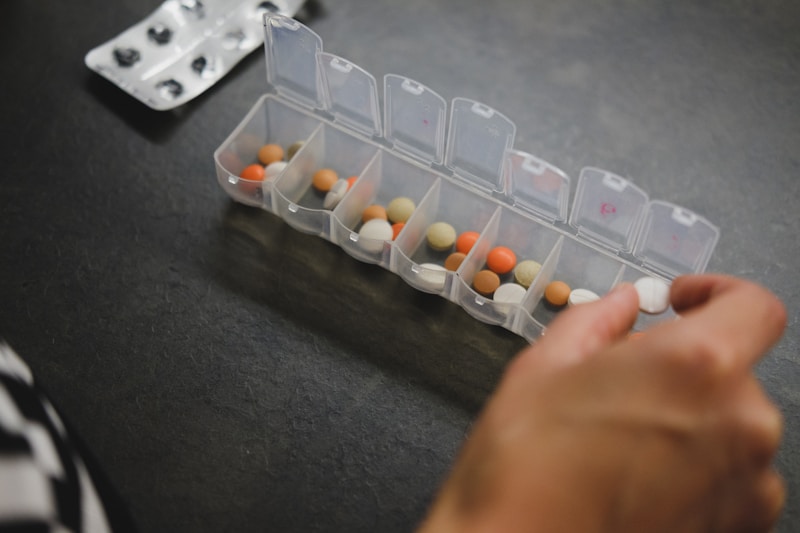Questions and Answers
What is the primary function of the immune system?
Which of the following best describes an antigen?
What are cytokines primarily responsible for?
Which organ is classified as a primary lymphoid organ?
Signup and view all the answers
What does the MHC system primarily code for?
Signup and view all the answers
Which type of immunity is associated with antibodies?
Signup and view all the answers
Positive acute-phase proteins increase in concentration in response to what?
Signup and view all the answers
Which of the following describes the complement system?
Signup and view all the answers
Study Notes
Overview of Immunology
- Immunology studies the immune system's responses to infections, tissue damage, and diseases.
- Involves understanding various branches and components of the immune system.
Key Terms in Immunology
- Cytokines: Soluble proteins mediating immune and inflammatory reactions; facilitate communication among leukocytes and other cells through autocrine, paracrine, and endocrine actions.
- Complement System: Group of circulating and membrane-associated proteins essential for defense against microbes; includes Classical, Alternative, and Lectin pathways.
Inflammation and Immune Response
- Inflammation: Tissue reaction delivering mediators of host defense and cells to infection sites and tissue damage.
- Acute Phase Proteins: Proteins whose concentrations change in response to inflammation (e.g., C-Reactive Protein is a positive acute-phase protein).
Antigens and Antibodies
- Antigen: Foreign substance, typically a protein or carbohydrate, recognized by the immune system.
- Antibody (Immunoglobulin): Protein produced by B cells that binds to antigens during an immune response; can be monoclonal or polyclonal.
Immunogenicity
- Immunogenicity: The ability of a molecule to induce an immune response; immunogens are specific types of antigens that elicit significant responses.
Major Histocompatibility Complex (MHC)
- MHC System: Genes coding for cell-surface molecules crucial for antigen recognition; consists of Class I and Class II molecules.
Organs of the Immune System
-
Primary Lymphoid Organs (Generative):
- Bone Marrow (BM): Site of blood cell production, including leukocytes.
- Thymus: Site for T cell maturation.
- Foetal Liver: Important in early development of the immune system.
-
Secondary Lymphoid Organs (Peripheral):
- Spleen: Filters blood and facilitates immune responses.
- Lymph Nodes: Filter lymph fluid and house lymphocytes for immune response.
Functions of the Immune System
- Distinguishes between self and non-self antigens.
- Defends against foreign invaders through recognition and response mechanisms.
Major Components of the Immune System
- White Blood Cells (WBCs): Also known as leukocytes, play essential roles in the immune response.
Arms of Adaptive Immunity
- Cellular Immunity: Involves T cells and focuses on attacking infected cells directly.
- Humoral Immunity: Involves B cells and focuses on producing antibodies to neutralize pathogens.
Studying That Suits You
Use AI to generate personalized quizzes and flashcards to suit your learning preferences.
Related Documents
Description
This quiz covers the fundamental concepts in Clinical Immunology and Serology, focusing on the immune system's response to infections and diseases. Students will explore the roles of immune cells, cytokines, and the significance of immunotherapy. Prepare to test your knowledge on essential immunological principles.




